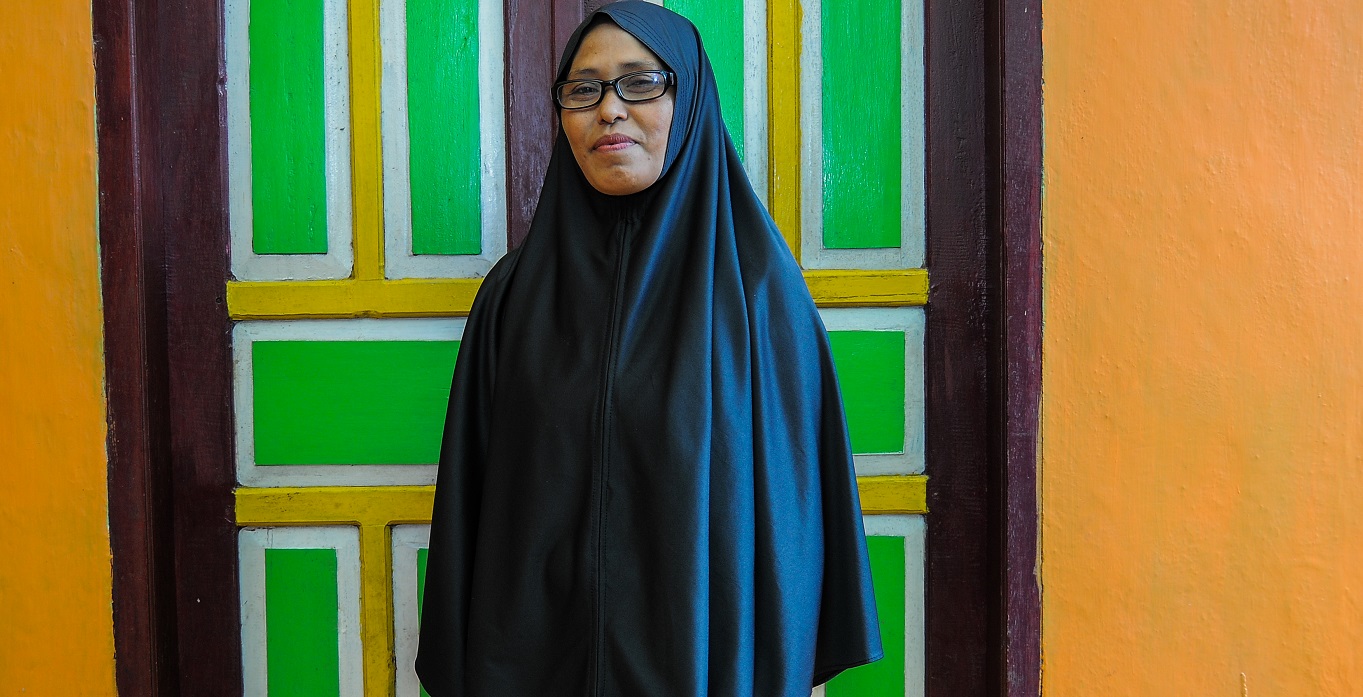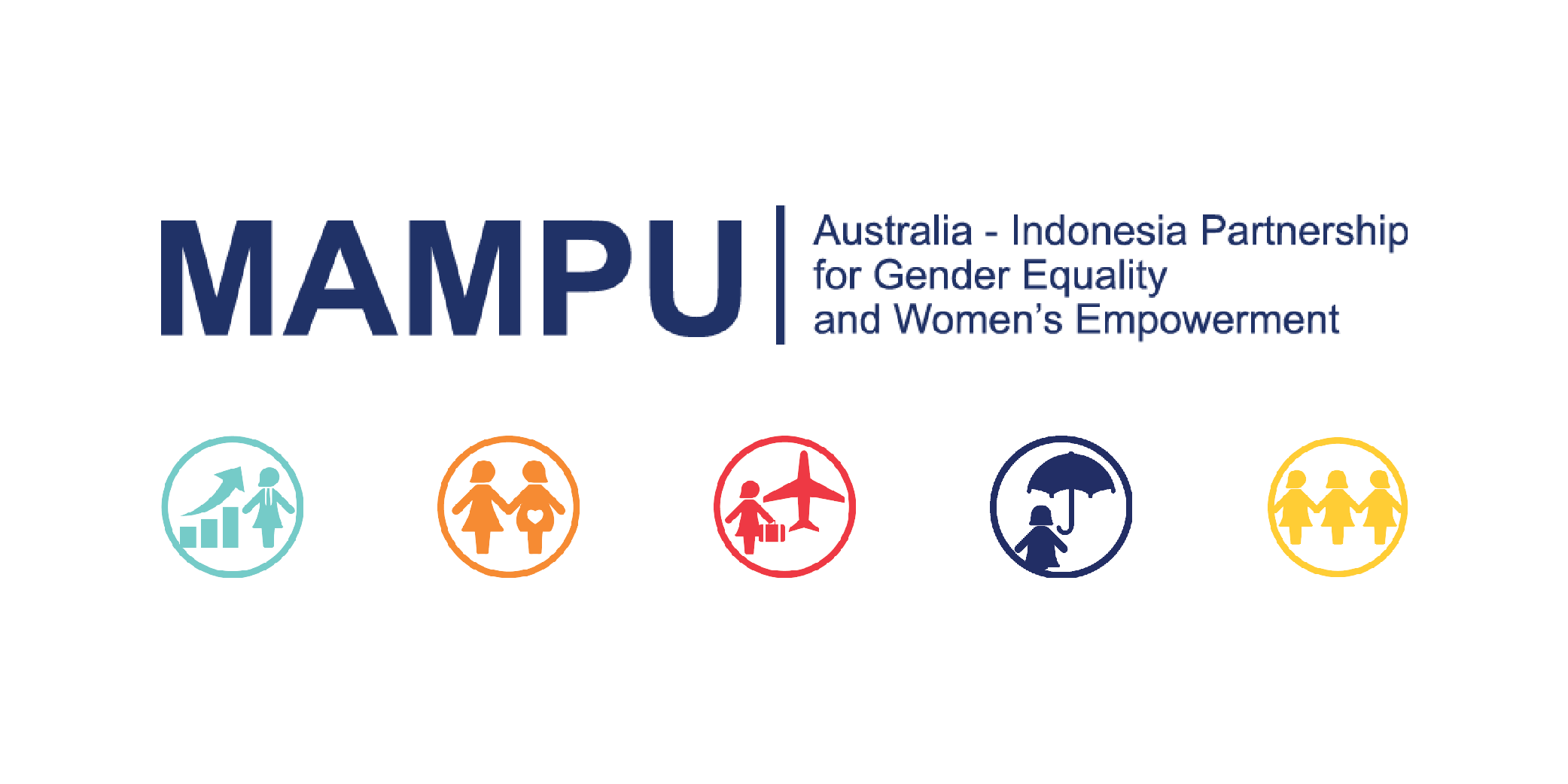Our Thematic Areas
Improving Women’s Health and Nutrition
Why this issue is important
Indonesian women still face numerous challenges accessing health services. Maternal mortality remains high at 305 deaths per 100,000 live births (SUPAS 2015). Barriers include the high cost of care, distance to health facilities and social and cultural norms that constrain women’s choice and agency to access health services for themselves and their children.
Indonesia also faces high stunting rates or stunted growth of children. Nationally, 30% of children suffer from stunting (low height for age) (RISKESDAS 2018). Poverty, which is a significant contributing factor, causes poor nutrition, poor living conditions, frequent infections, lack of sanitation and clean water. The cycle of malnutrition is repeated in poor and young mothers who experience malnutrition before and during pregnancy by increasing pregnancy and birth related complications, giving birth to low-weight babies, growing into children who are stunted.
Our approach
The Government of Indonesia is stepping up efforts to achieve national development targets (RPJMN 2015-2019) in line with goal 2 (hunger) and 3 (health) of the Sustainable Development Goals (SDGs), through government-funded health insurance and nutrition programs. However, challenges remain in accessing high quality health services, especially for poor women and young girls.
MAMPU supports ‘Aisyiyah, PERMAMPU and Women’s Health Foundation (YKP) to improve women’s access to national health insurance (JKN) by empowering women and developing ‘service models’ to improve access and quality.
MAMPU partners empower women at the grassroots through research-based advocacy, establishing women’s groups providing information, supporting small business, and establishing credit unions or savings and loans facilities, as well as creating multi-stakeholder forums to advocate to district health services for increased government funding for reproductive health services.










